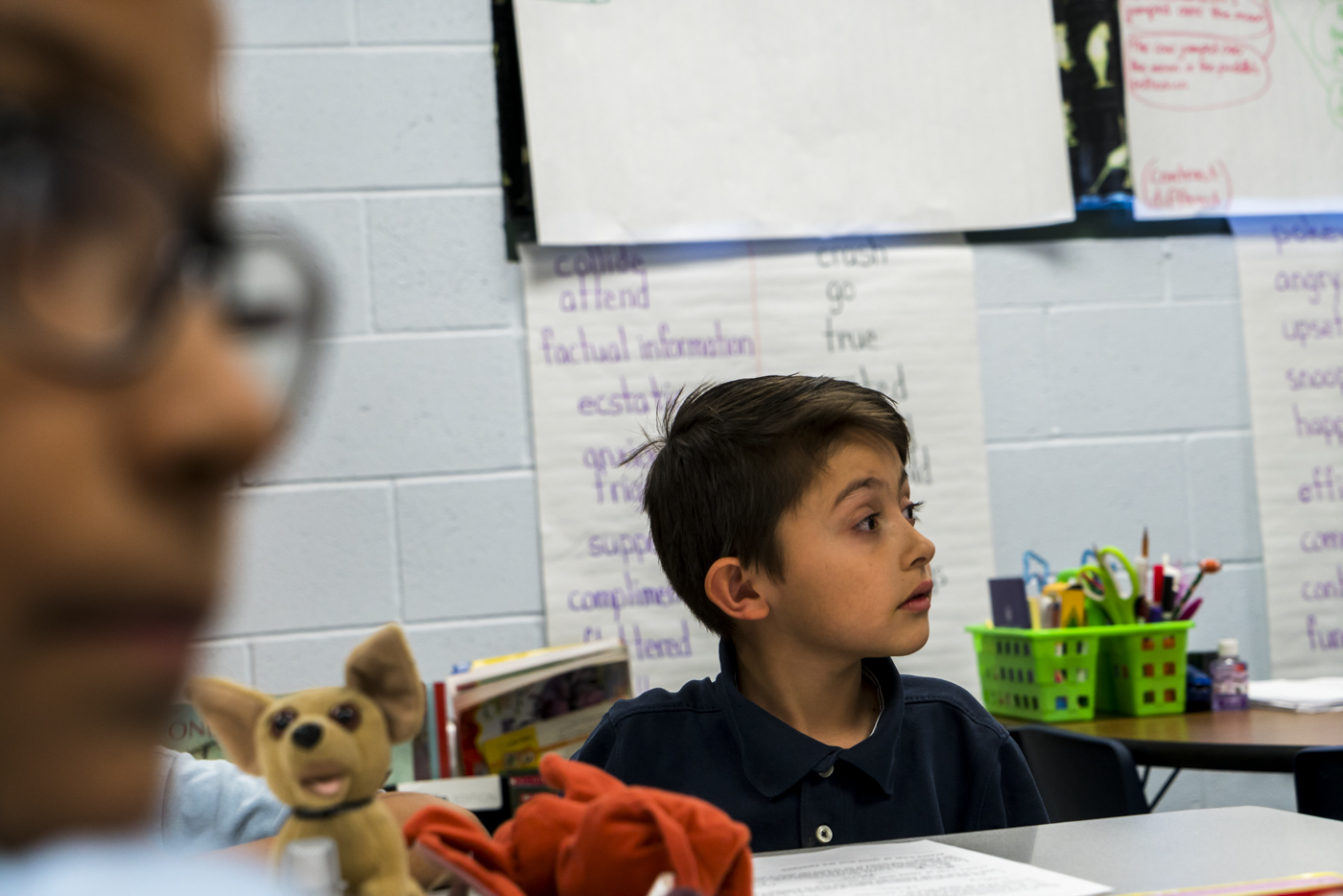September 22, 2017
Today’s ELD Classroom
One misunderstanding of those outside of education is that ELL students need to focus on learning language, in a way that is almost removed from content in order to be successful learning English.
There are many professional terms used to categorize students who are learning English as a second language. As professionals, the term we should focus on and be using to categorize these learners is students or scholars. All students in our classrooms need to access to instruction that meets them where they are at. All students need access to content in a way that is appropriate to their needs and talents.
One misunderstanding of those outside of education is that EL students need to focus on learning language, in a way that is almost removed from content in order to be successful learning English. Students who are learning English at school also need access to content. This is true regardless if a student is a kindergartner or a 12th-grader (or any grade level in between). As a teacher of ELL students, it is important to keep linguistic needs of students at the forefront of your content planning. Remind yourself, “How will I intentionally make content accessible to all students?” This should be a driving question when engaged in instructional planning.
Policies affecting both classroom teachers and EL students have been authorized, reauthorized, replaced, and voted on many times.
Current Arizona law requires educators of EL students to teach in English, utilize English-only materials that are in English, to group ELL students together for English Immersion, for ELL students to become “fluent English proficient in a year,” and that Arizona instructional models meet all state and federal laws. It is imperative that the mandates placed on teachers and EL students reflect the same standards and reports. According to NCTE, policy makers need to keep the following in mind:
- Delineate explicit expectations for ELs
- Provide research-based professional development for teachers
- Attend to the process and consequences of assessment
- Recognize ELs’ heterogeneity
- Avoid tests exclusively in English
- Use multiple assessments for varying purposes
- Adhere to ethical principles of testing
Too often, students are lumped together into like groups based on one characteristic or another. Educators know and understand that this is a flawed way of looking at students; even when similarities exist, students are complex and come to school with experiences and needs that make each one different than the next. It is critical to student success that we remain committed to knowing and honoring each individual’s learning needs. NCTE’s Policy Research Brief states, “One thing is certain: there is no one profile for an ELL student, nor is one single response adequate to meet their educational goals and needs.”
NCTE recommends teachers keep the following instructional practices in mind when working with students who are learning English, as well as content.
All students need access to materials that are culturally appropriate and relevant.
- Assess oral language systematically "with instruments that are academically orientated.”
- Remember that sound ELL strategies can also be good strategies for learners native English speakers as well.
- Don’t just focus on vocabulary. Ensure that students are learning the forms and
- structures they need for written and complex language expressions.











